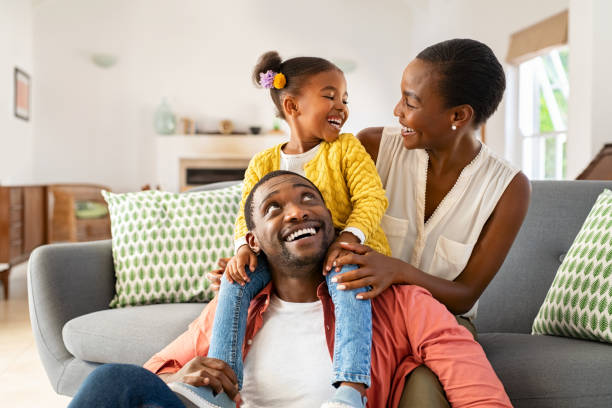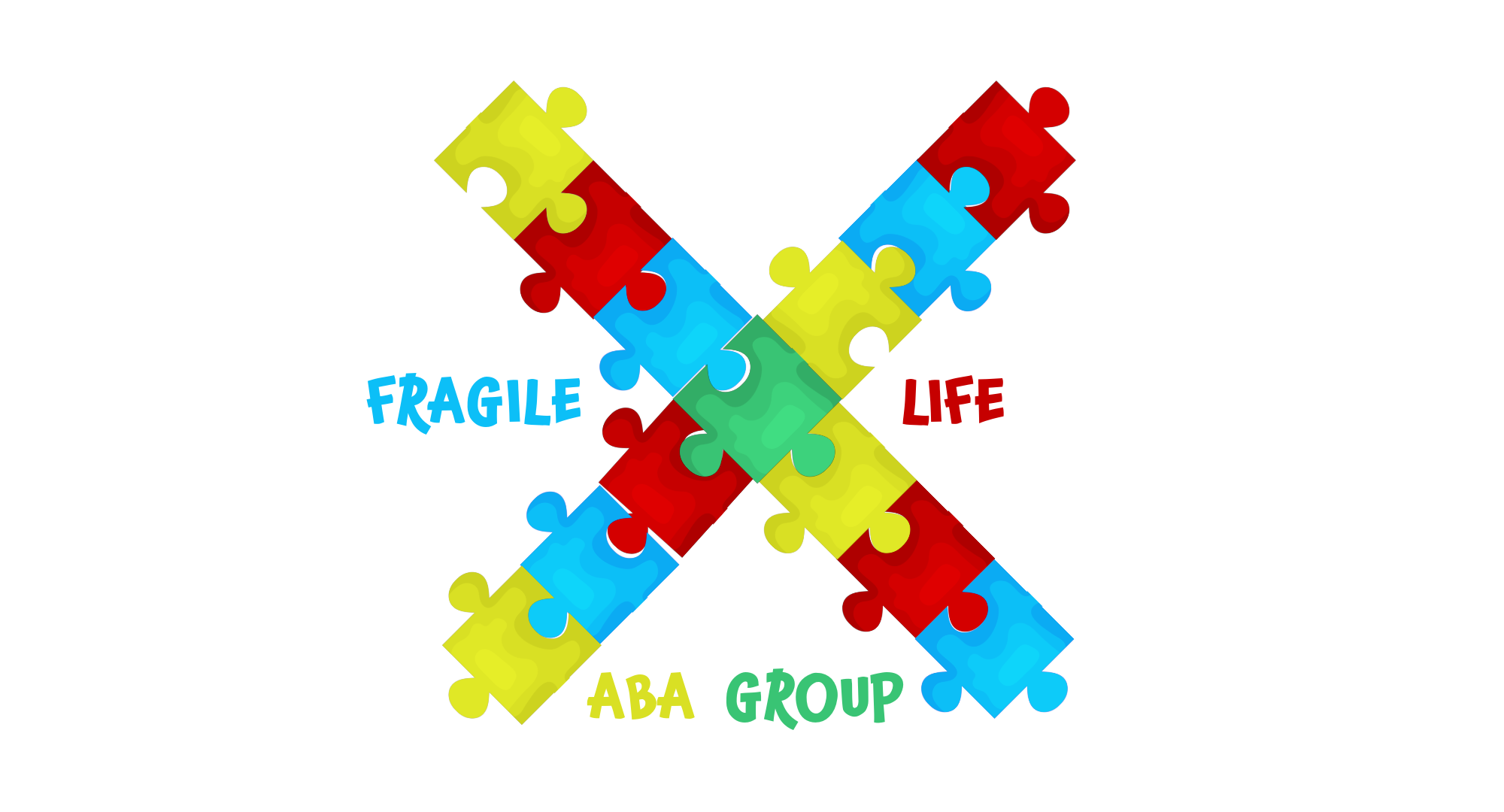Anxiety isn’t always loud. Sometimes, it’s the quiet tension in your shoulders, the worry behind your smile, or the restlessness that lingers in your thoughts. As adults, we often get used to carrying this invisible weight—but what we may not realize is that our children can feel it, too.
Children are incredibly perceptive. Even if they don’t understand why you’re anxious, they can sense changes in your mood, energy, and behavior. They may not have the language to express it, but they often internalize the emotions surrounding them. When a parent is constantly stressed, overwhelmed, or emotionally unavailable, a child might begin to feel unsafe, confused, or even responsible for that tension.
How Anxiety Shows Up for Children
When adults experience anxiety, children might respond in ways that seem unrelated:
-
Acting out or becoming extra clingy
-
Struggling with sleep or complaining of stomachaches
-
Becoming unusually quiet or withdrawn
-
Expressing fears or worries they never had before
These behaviors are often their way of asking, “Is everything okay?”
Modeling Emotional Health
The good news is, we don’t need to be perfect—we just need to be aware. When we model healthy emotional regulation, our children learn that it’s okay to have big feelings, and that those feelings don’t have to control us.
Here are a few things you can do:
-
Name it to tame it: Let your child know, in age-appropriate ways, that you’re feeling stressed or anxious—and that it’s something you’re working through. This builds emotional safety.
-
Create calm rituals: Deep breaths together, a quiet walk, or a simple bedtime routine can be grounding for both of you.
-
Seek support: Whether it’s therapy, coaching, or community, showing your child that asking for help is normal and healthy is a powerful life lesson.
Healing Is a Family Journey
When you take care of your mental and emotional well-being, you’re not just helping yourself—you’re creating a ripple effect that can transform your child’s emotional landscape. You’re teaching them that it’s safe to feel, to speak up, and to seek peace.
You don’t have to carry your anxiety alone. And neither should your child.
You are not failing—you’re feeling. And your willingness to heal is one of the greatest gifts you can give your child.

